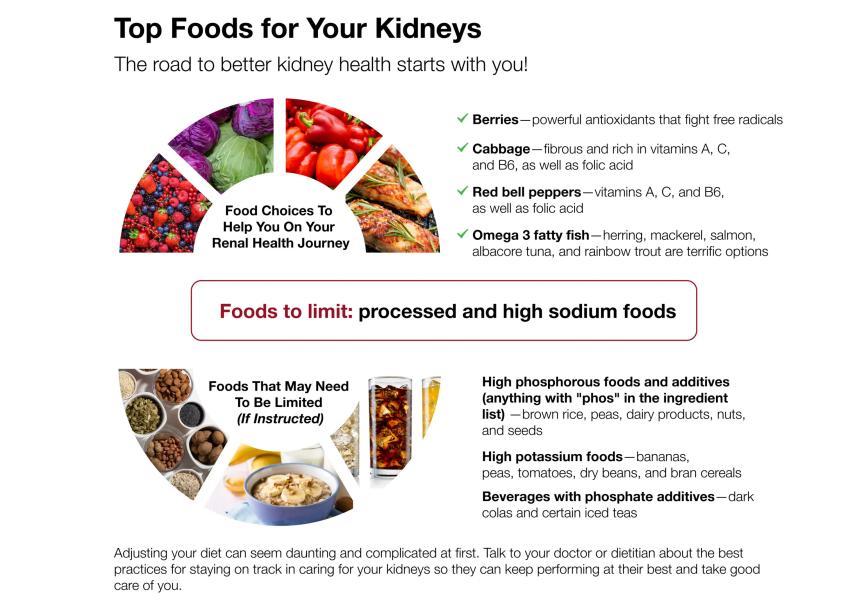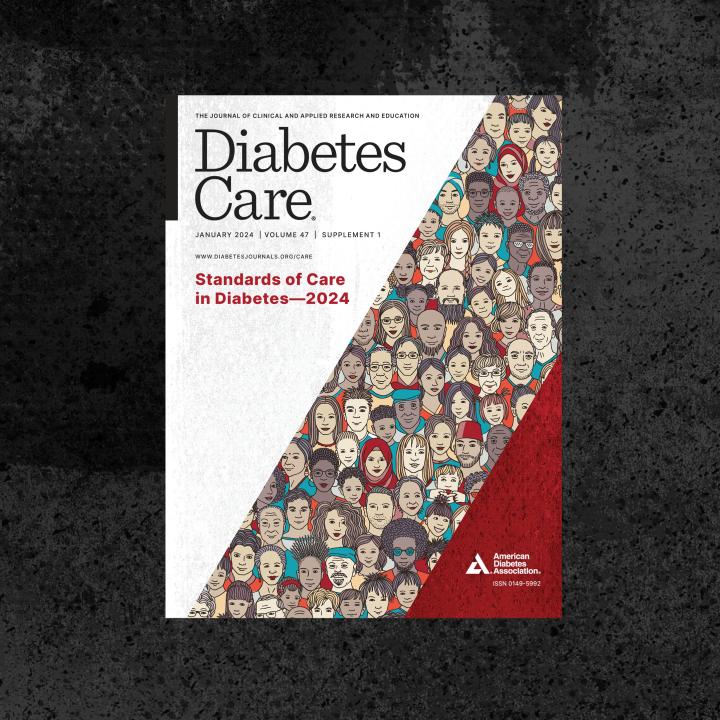Get Relief. Get Comfort. Get Kidney Smart®.
You and your loved ones will get the key information on how to best manage late-stage CKD. Kidney Smart is a no-cost kidney education class from DaVita delivered by kidney experts.
The number one cause of kidney disease is diabetes. Understanding this connection is the first step to helping avoid kidney problems. Kidney disease affects one in seven adults in the U.S. The Living with Diabetes, Kidney Care initiative, supported in part by DaVita, can help you improve your lifestyle to manage your health.

You and your loved ones will get the key information on how to best manage late-stage CKD. Kidney Smart is a no-cost kidney education class from DaVita delivered by kidney experts.
Where are you in your journey? Approximately 1 in 3 adults with diabetes has chronic kidney disease (CKD).[1] Because the symptoms of CKD are often mild and go undetected, it’s critical to understand the risk factors and take necessary steps to protect your health. We are here to help you!
Find a toolkit full of educational materials to help you understand the connection of diabetes and kidney disease. Recognizing this link is crucial for preventing kidney issues. Educate yourself on diabetes and kidney health and learn how to lower your risk with these English and Spanish resources.

I want to prevent kidney disease
I'm living with Chronic Kidney Disease (CKD)
I'm diagnosed with late-stage kidney disease
I want to stay connected
I’m treating people at risk
Understand the causes and risks for and learn the answers to some common questions.
Learn more about proper management of diabetes

Stage 4 or stage 5 of chronic kidney disease means the kidneys are losing more of their function. Get helpful information on how to manage late-stage kidney disease.
Here is some expert advice from nephrologists that can help you manage advanced CKD along with five things to discuss with your doctor.
Know Your Options
Sign up to receive the latest resources and event updates directly to your inbox.
Discover the latest clinical practice recommendations and learn more about the management of diabetic kidney disease with our primary care professional resources below.
This collection provides an abridged version of the American Diabetes Association’s (ADA’s) Standards of Care in Diabetes—2024 designed especially for primary care professionals.
